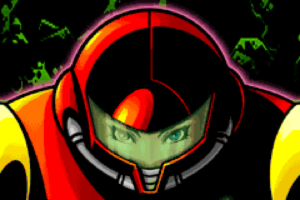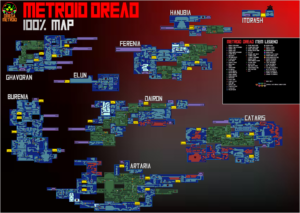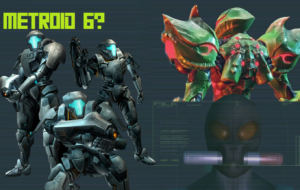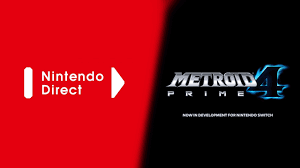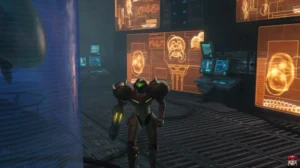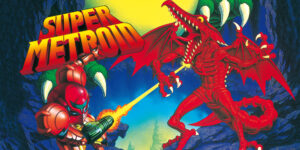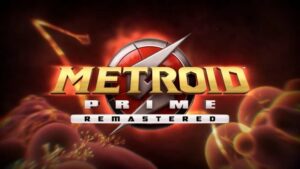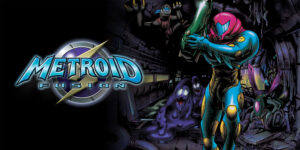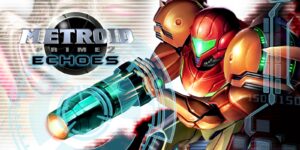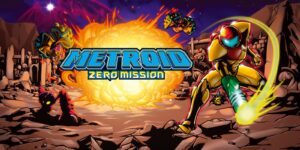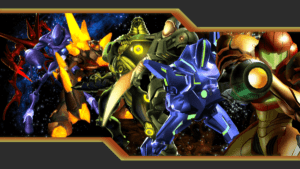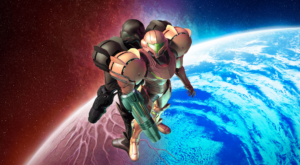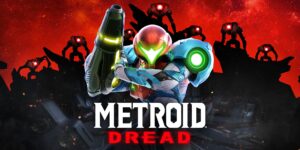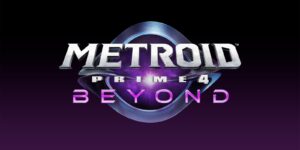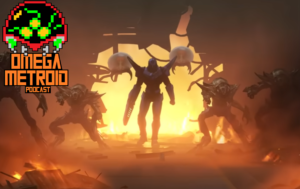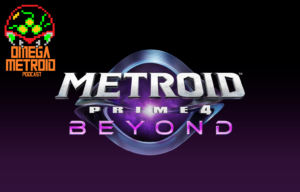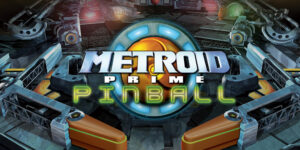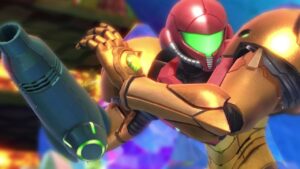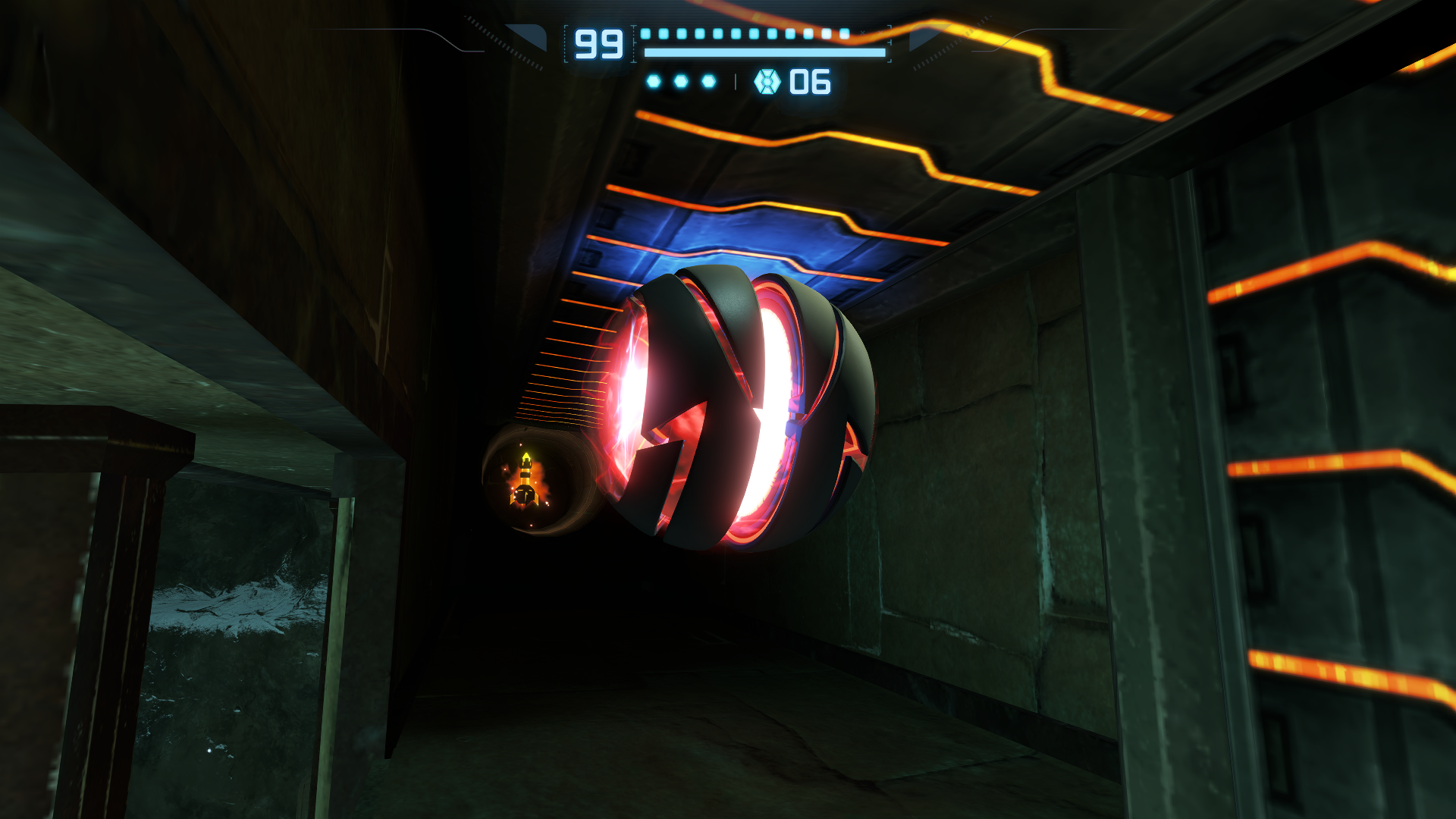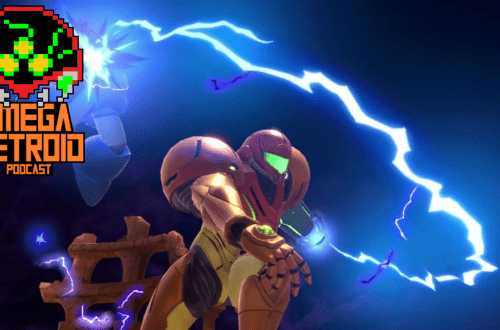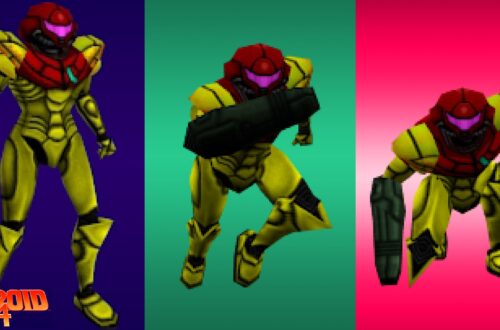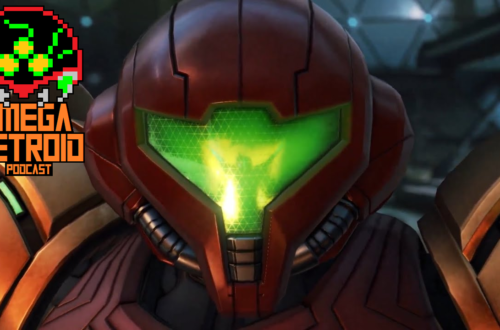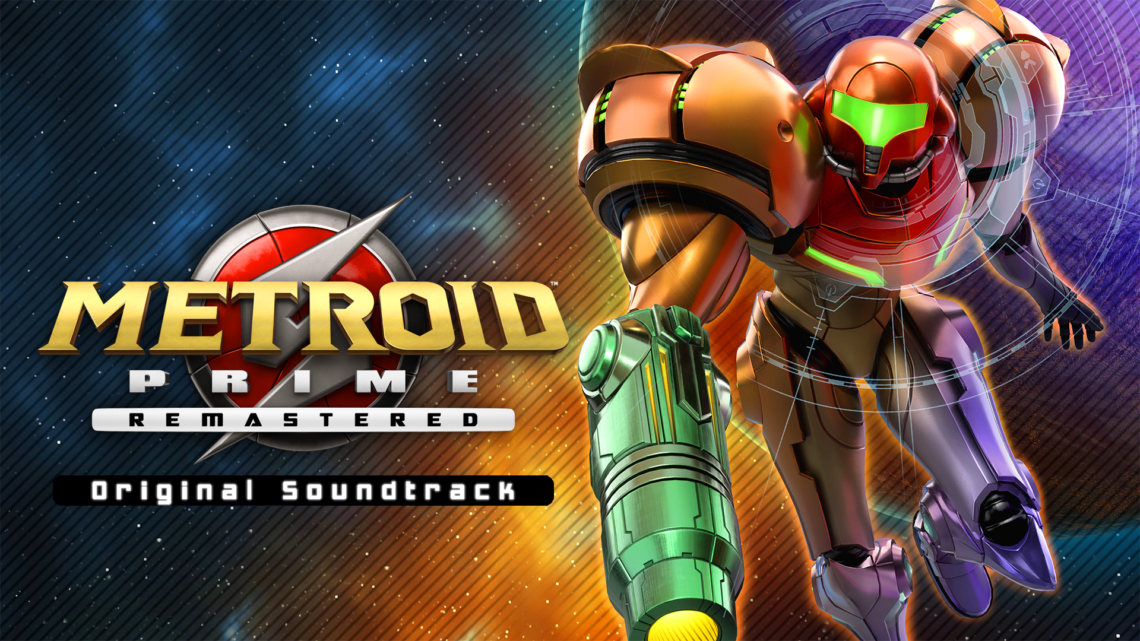
The Fascinating Behind-the-Scenes Look at Doominal Crossing’s Metroid Prime Soundtrack Fan Remaster
Hello Omega Metroid readers, I’m Doominal Crossing! Recently through Omega Metroid, I released a complete remaster of the Metroid Prime soundtrack, which you can find here!
Today, I wanted to take you all behind the scenes in a more personal/informal blog post-style article to talk about what motivated me to take on this project, and the kinds of enhancements you can expect (with audio examples for direct comparison).
The first question I’m assuming most of you are asking is: “Metroid Prime’s soundtrack is already perfect, what needs to be remastered?”
The music of Metroid Prime is regarded by many fans as some of the series’ best to date.
However, there’s a common issue with it that has been bugging ear trained musicians for over two decades now; the presence of several errors in the master recordings in the form of unwanted pops, buzzes and clicks that are clearly not intentionally placed into the soundscape.
When Metroid Prime was first released, fans speculated that these were artifacts (not the Chozo kind) generated by the soundtrack’s down-sampling to 32kHz to fit onto the 1.5Gb GameCube disc. However, the soundtrack was shortly released on CD in Japan just a few months later at the music industry standard of 44.1kHz with these errors still present despite the jump in audio fidelity.
A Brief Detour for Folks Unfamiliar With Audio Engineering
32kHz and 44.1kHz are both examples of audio sample rates. The human ear on average can only hear frequencies between 20-20,000Hz (or 20kHz for short). This applies to naturally produced auditory sound waves. When listening to sampled or pre-recorded audio from a device instead, these frequency ranges need to be doubled in order to preserve that same level of quality.
In other words, an optimal sample rate should at least cover the frequency space between 40-40kHz. The 44.1kHz sample rate was adopted as the industry standard for these reasons, plus the additional safety net it provides for other frequencies outside the 40kHz range necessary for the recording in order to avoid producing other unintentional artifacts.
Despite being sampled at 44.1kHz, the music of the official CD release of Metroid Prime still contains the same recording errors as the in-game files. This means that wherever these issues originated, it wasn’t simply due to down-sampling the audio for the GameCube.
Throughout the years, some audio engineers in the Metroid community have attempted to fix these problems with varying success. None of them that I have listened to so far were able to completely scrub out every last issue.
With the recent release of Metroid Prime Remastered over twenty years after the original game, fans immediately started cracking the game’s code to access the in-game audio to see if there were any changes made. Soon enough, a user by the name of Unknown was able to successfully gain access to the game’s audio files.
They discovered that Metroid Prime Remastered’s audio files were all sampled at 48kHz, not 44.1kHz, an even higher fidelity than the official CD soundtrack. Unfortunately, much like the previous iterations of this music, those errors mentioned earlier were all still present.
As of right now, nobody has attempted any remasters of the audio found in Metroid Prime Remastered as far as I’m aware. With this likely being the highest quality audio we ever get for this game, I decided to use it as a base for my own remaster in an attempt to create a definitive Metroid Prime soundtrack!
What was done to enhance the soundtrack of Metroid Prime?
The main objective of my remaster was to fix as many of these popping, buzzing, and clicking errors as possible without compromising the original sound.
One of the clearest examples to show off what I did in this area is with the “Flaahgra” boss battle theme. Here is a small sample of the intro ripped directly from the game untouched as well as an image of the selection loaded into my digital audio workstation (DAW):

In the original file, notice the pops that are audible at the one, three and nine second marks. The first one is hard to hear even with professional grade equipment, but the next two are pretty audible on most setups even when you aren’t actively searching for them.
Now let’s check out that same selection, this time from the remaster!

In this remaster, by using precise microscopic audio cuts through the utilization of spectrographic analysis, I have surgically removed every single one of these pops in both the provided sample as well as the rest of the occurrences throughout the piece.
You can expect similar processes done to all of the affected tracks with these errors present. You also might notice that the remastered audio has less static hiss being produced than the original file.
Here’s some more examples of music from Metroid Prime with these recording errors (top) contrasted with my remastered versions (bottom):
Magmoor Caverns
Chozo Shrine
Meta Ridley
Metroid Prime (Core) Battle
Additional Adjustments
The edits provided in the last section showcase the main goal I wanted to accomplish with this remaster. But there are other areas I wanted to work on too, in order to make Kenji Yamamoto and Kouichi Kyuma’s magnum opus sound as good as possible. The next major implementations were definitive endpoints for not all, but a large portion of the soundtrack.
Most videogame music, including that of Metroid Prime, is played to be looped over and over again in the environment. As a result, outside of scripted cutscenes, the soundtrack is set to fade out by the third loop in most cases. Using a combination of reverb plugins and paulstretching, I have created brand new ending tails that definitively end a large portion of the tracks without fading out on a third loop.
An example of this can be heard in the title sequence, where the original version is set to fade out:
Whereas the remaster has a conclusive ending:
Mixing
I mostly took a hands off approach and let the original mixing vision shine through, as I personally think it’s still optimal for the score as a whole.
Still, there are several exceptions where I ultimately decided to do some minor EQ adjustments or add some compression here and there. These were made in an effort to unmuffle some pieces that I thought weren’t clear enough or to give greater consistency to the overall listening experience as if it were an album.
An example of this can be heard with the item collection jingle. Here is what the original sounds like:
And here is what the remaster sounds like:
As you can hear, the remastered version comes through a bit clearer. You can also hear a bit of additional reverb at the tail similarly to what was discussed in the previous section, since the original track cuts off fairly abruptly when listening out of context from the game environment.
I talked about loop points earlier in the context of adding new tails instead of fading out on the third loop. It’s typical for videogame soundtracks (both official and fan produced) to include two full loops of music when applicable. Most of Metroid Prime’s loop points sound completely natural, however there are some examples where the loop is not subtle at all and sticks out like a sore thumb.
One of these obvious transitions can be found in the “Crashed Ship” theme, where a very audible cut can be heard where the track is set to repeat:
In my remaster, this was fixed with a simple crossfade from the next loop into the prior measure and adjusting the phase to make the transition feel more seamless:
For this final example, I’m using a demo track only found on the retail demo kiosks for the original Metroid Prime release back in 2002.
Being my goal to make this the definitive way to experience the Metroid Prime soundtrack, I wanted to include every piece of official music related to this game that could possibly be accessed. The demo kiosk disc features a few unfinalized versions of tracks from the full game that I think warrant inclusion on the remaster as bonus tracks.
Because the file size of the demo is significantly smaller than the full game, most of the music aside from the title actually has a 48kHz sample rate. This means that the exclusive music found here is of exceptionally high quality for the most part, and is on par with the rest of the soundtrack.
One clear exception though is the demo of “Chozo Ruins”, which has a large amount of static and fuzz that is very clearly audible even on the loudest portions of the piece. What’s more, the ending of the piece fades out before even a single loop is complete:
For my remaster, not only was I able to significantly reduce this “digital tape hiss”, but I also used gain (volume) automation to fully restore the fade out section to play out normally and use the reverb plugins mentioned previously to give it a definitive ending tail after fully playing out:
That’s a Wrap!
That’s a summary of the most common processes done throughout the remaster, and generally the changes and enhancements you can expect going in.
I hope you all enjoy the Metroid Prime soundtrack remastered!
For more news on all things Metroid Prime Remastered and Metroid in general, keep it locked-on at OmegaMetroid.com!

Doominal Crossing is a Website Editor at Omega Metroid & one of the big 3 on the Omega Metroid Podcast. Don’t let the name fool you, Metroid comes first before anything else! When not talking endlessly about his love for the series, you can find him in the studio making music that’s probably related to it in some way.


